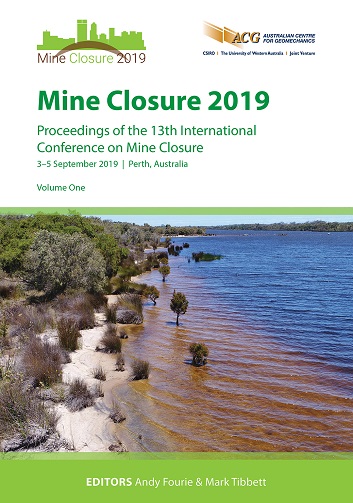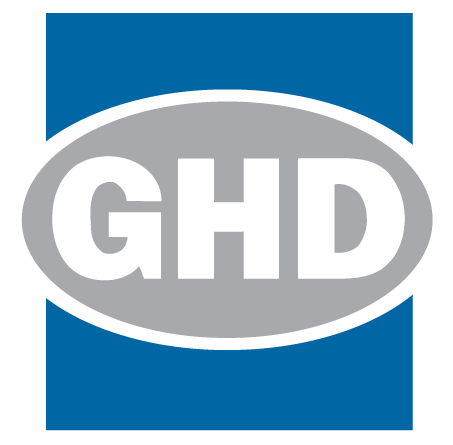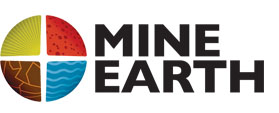Three case studies: mechanisms other than spillage and leaks that change groundwater quality and inhibit closure certification

|
Authors: Patterson, TL; Trevor, M |
DOI https://doi.org/10.36487/ACG_rep/1915_95_Patterson
Cite As:
Patterson, TL & Trevor, M 2019, 'Three case studies: mechanisms other than spillage and leaks that change groundwater quality and inhibit closure certification', in AB Fourie & M Tibbett (eds), Mine Closure 2019: Proceedings of the 13th International Conference on Mine Closure, Australian Centre for Geomechanics, Perth, pp. 1201-1216, https://doi.org/10.36487/ACG_rep/1915_95_Patterson
Abstract:
Baseline groundwater quality at mines is often poor, containing naturally occurring constituents at elevated concentrations. Groundwater quality changes at mine sites during operations and closure, and the changes are typically attributed to releases from mine waste or spillage of process solutions or waste water. If the changes are related to release of mine waste or water, then remediation is required before closure can be certified as complete. However, there is a long list of other mechanisms that can cause groundwater quality changes at mines, ranging from changes to recharge and flow patterns caused by construction to oxidation of minerals in the walls of a monitoring well. This paper presents case studies for two closed gold mines where groundwater quality changes were preventing closure certification and many of the changes were not due to release of mine waste or water. The paper also describes the information developed to demonstrate that the changes were a consequence of constructing and operating the mine and represented a new baseline condition. The paper also describes how anticipation of such changes as part of environmental permitting would help streamline closure, and elaborates on what and where such information should be incorporated in permitting.
Keywords: closure, groundwater monitoring, geochemical changes, impacts
References:
Posey, HH, Renkin, ML & Woodling, J, 2000, ‘Natural acid drainage in the Upper Alamosa River of Colorado’, Proceedings of the Fifth International Conference on Acid Rock Drainage, vol. 1, Society for Mining, Metallurgy and Exploration, Englewood,
pp. 485–498.
Price, WA 2009, Prediction Manual for Drainage Chemistry from Sulphidic Geologic Materials, MEND Report 1.20.1, CANMET, Smithers.
Runnells, DD, Shepard, TA & Angino, EE 1992, ‘Determining natural background concentrations in mineralized areas’, Environmental Science and Technology, vol. 26, pp. 2316–2322.
Sassoon, M 2008, Guidance Notes for the Implementation of Financial Surety for Mine Closure, The World Bank Group, Washington DC.
© Copyright 2026, Australian Centre for Geomechanics (ACG), The University of Western Australia. All rights reserved.
View copyright/legal information
Please direct any queries or error reports to repository-acg@uwa.edu.au
View copyright/legal information
Please direct any queries or error reports to repository-acg@uwa.edu.au

